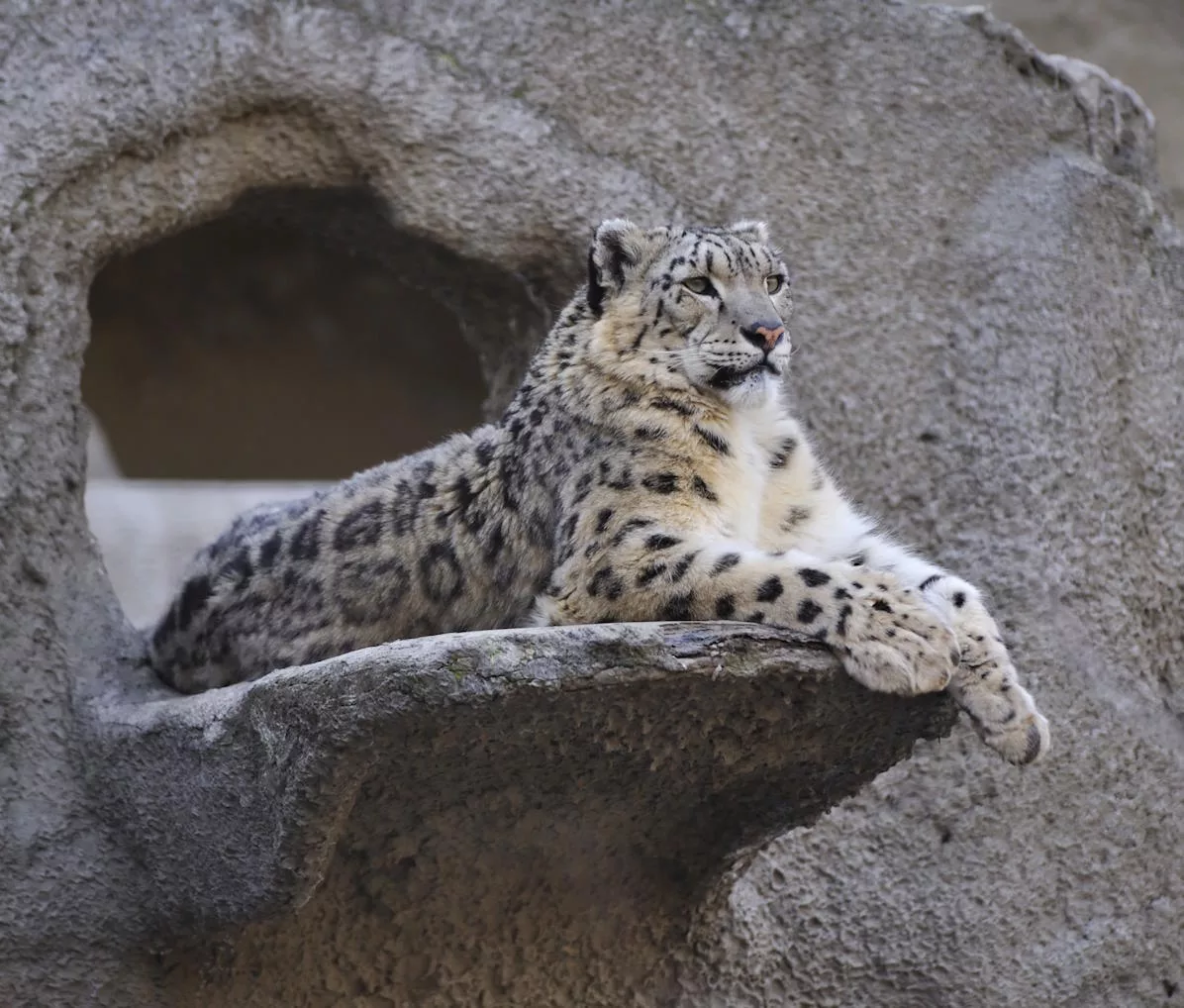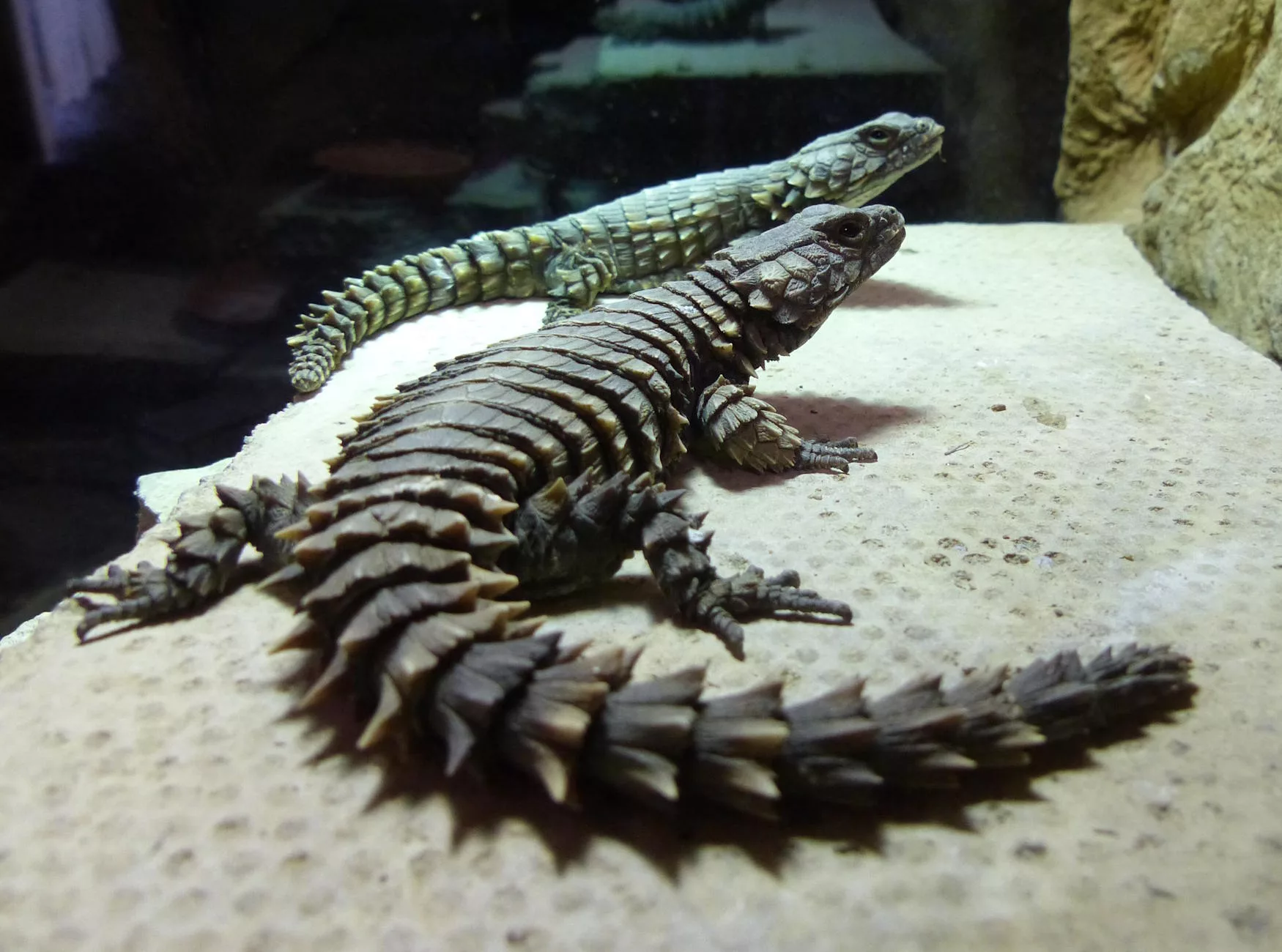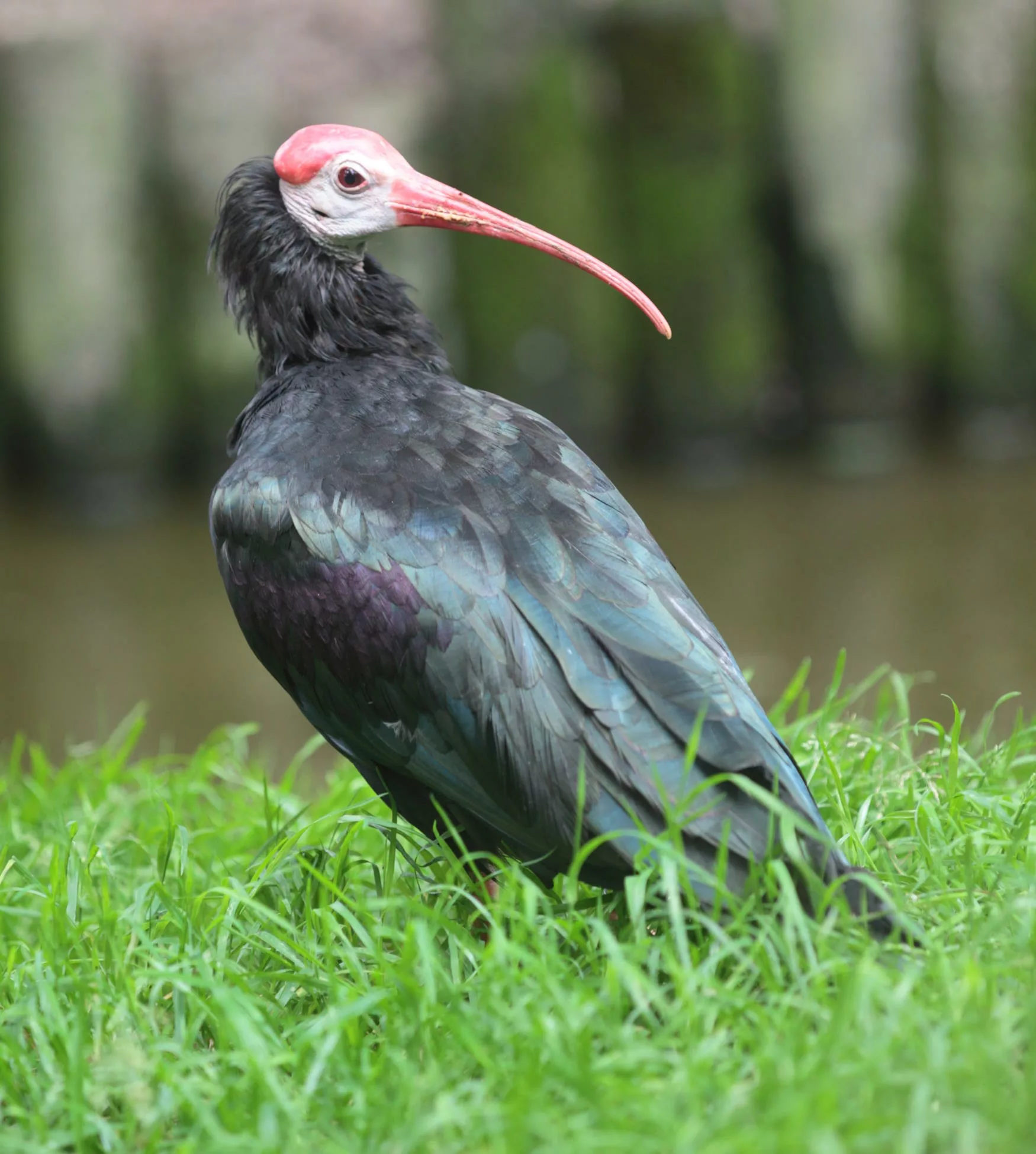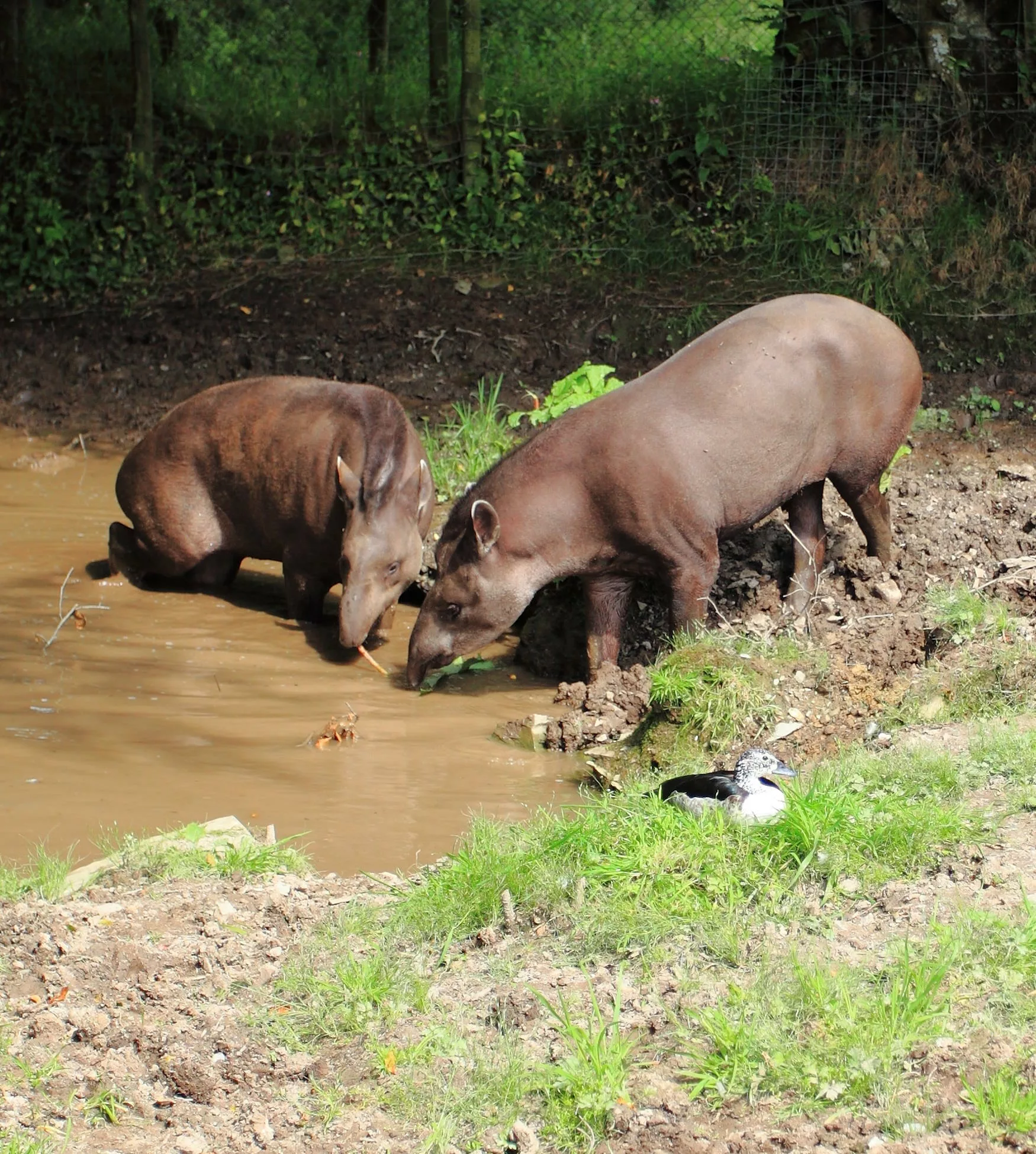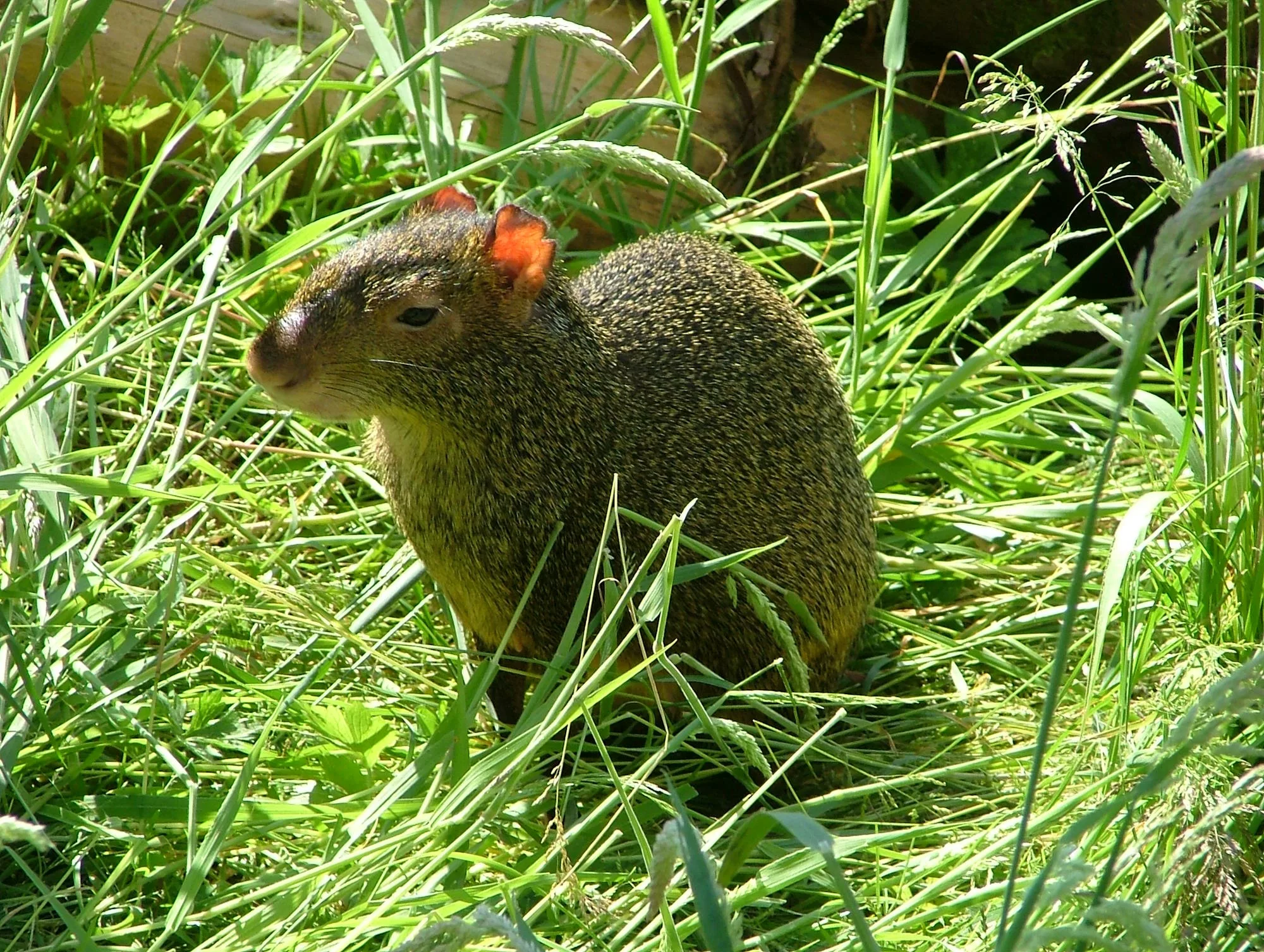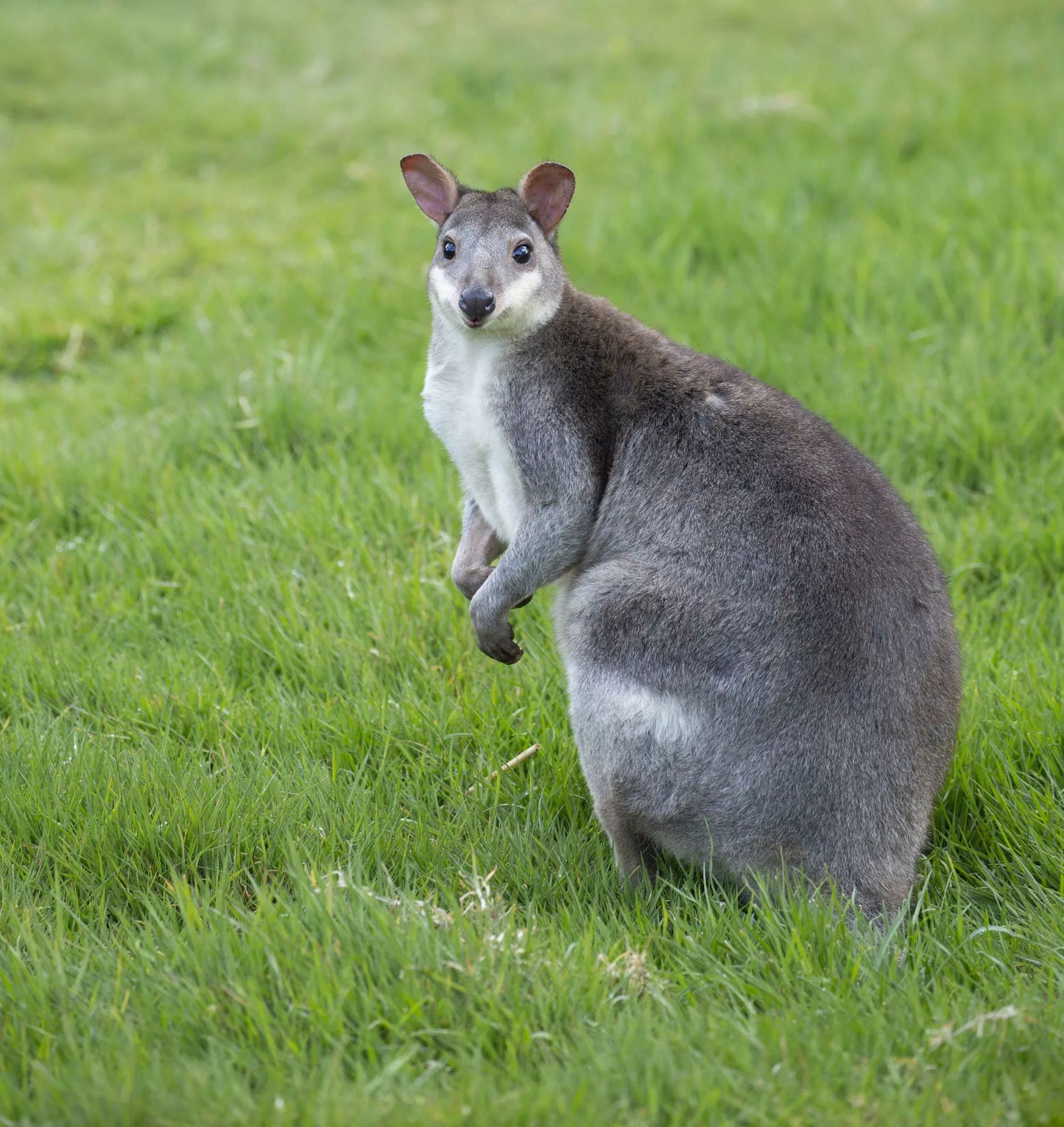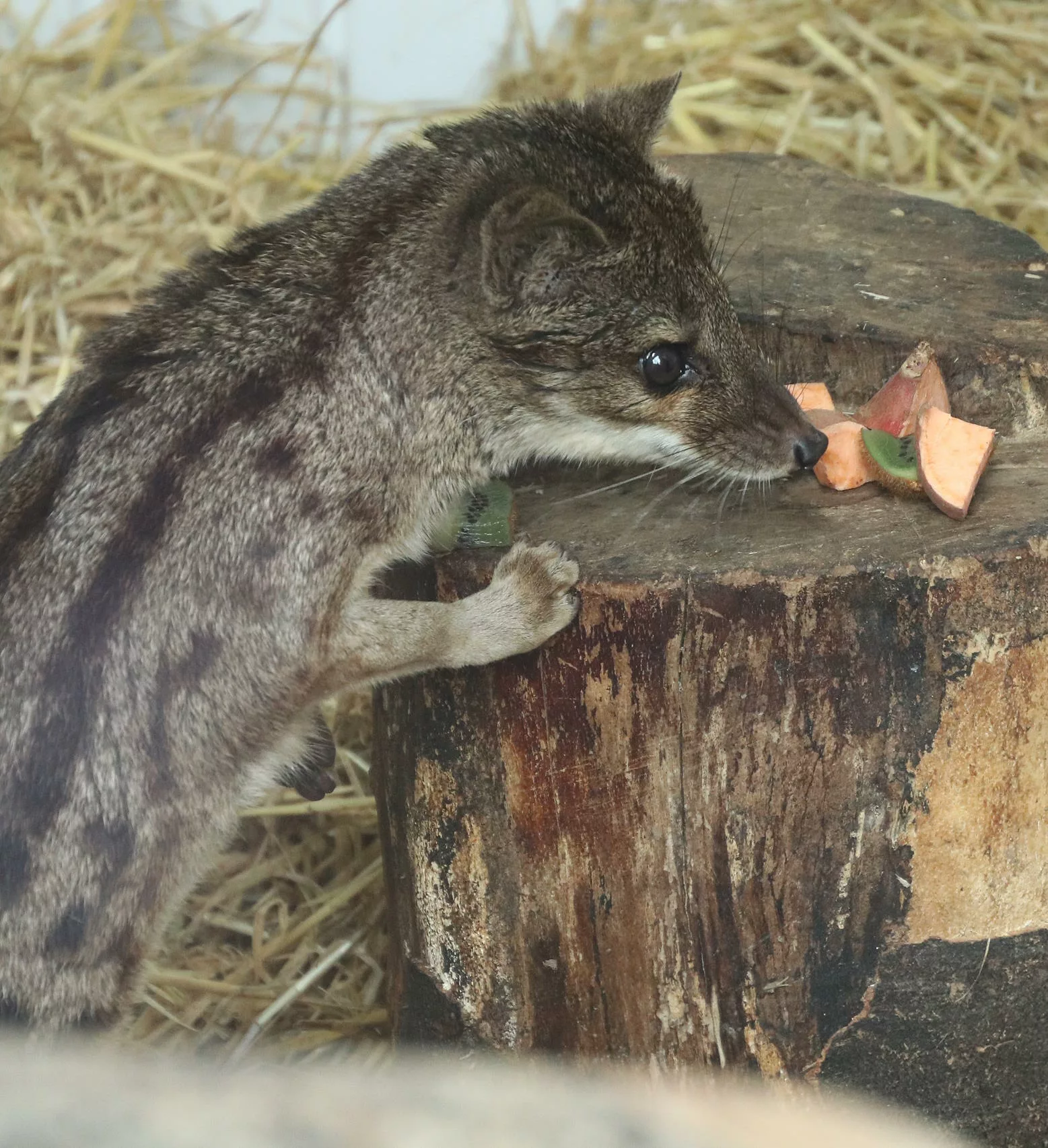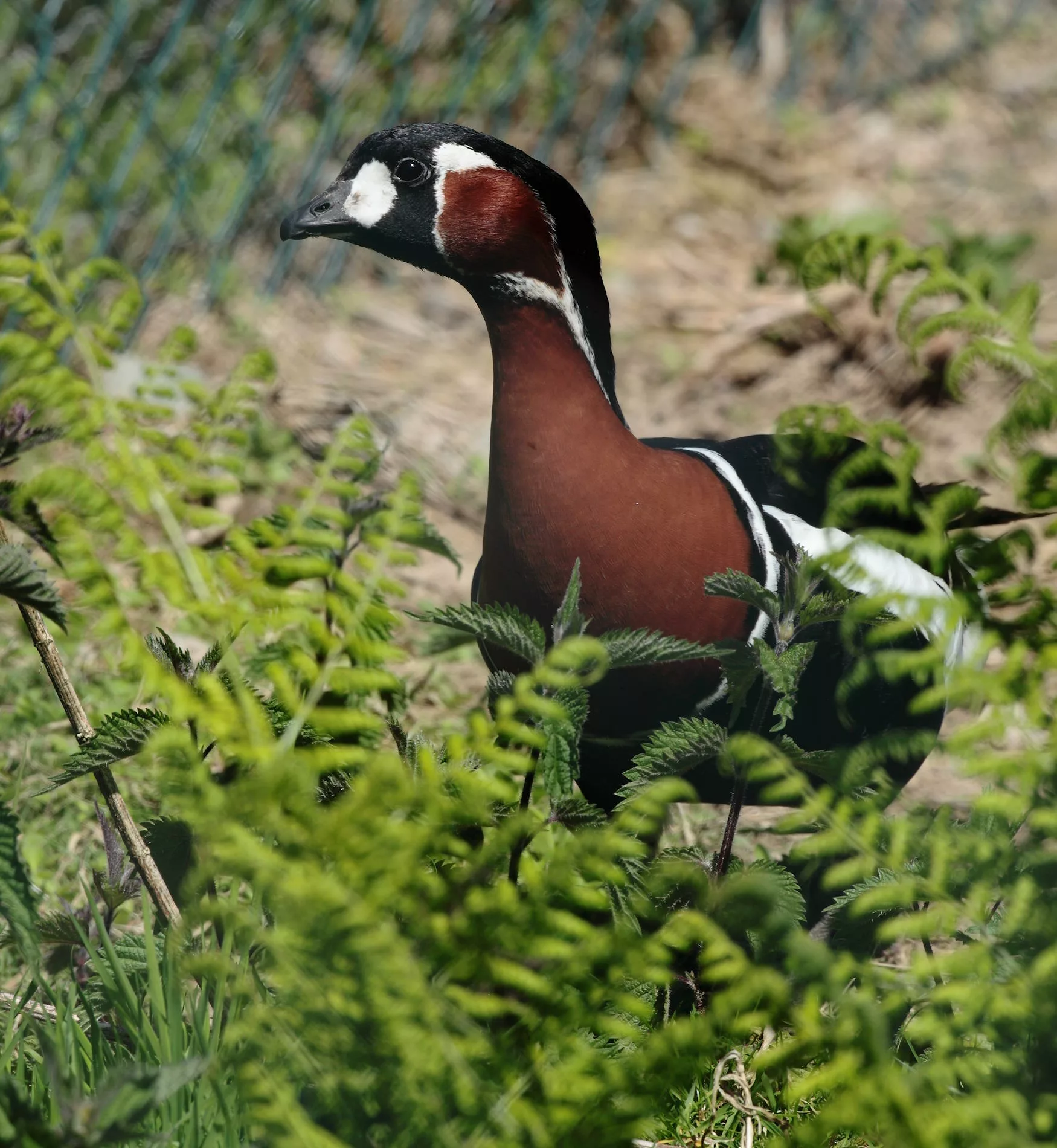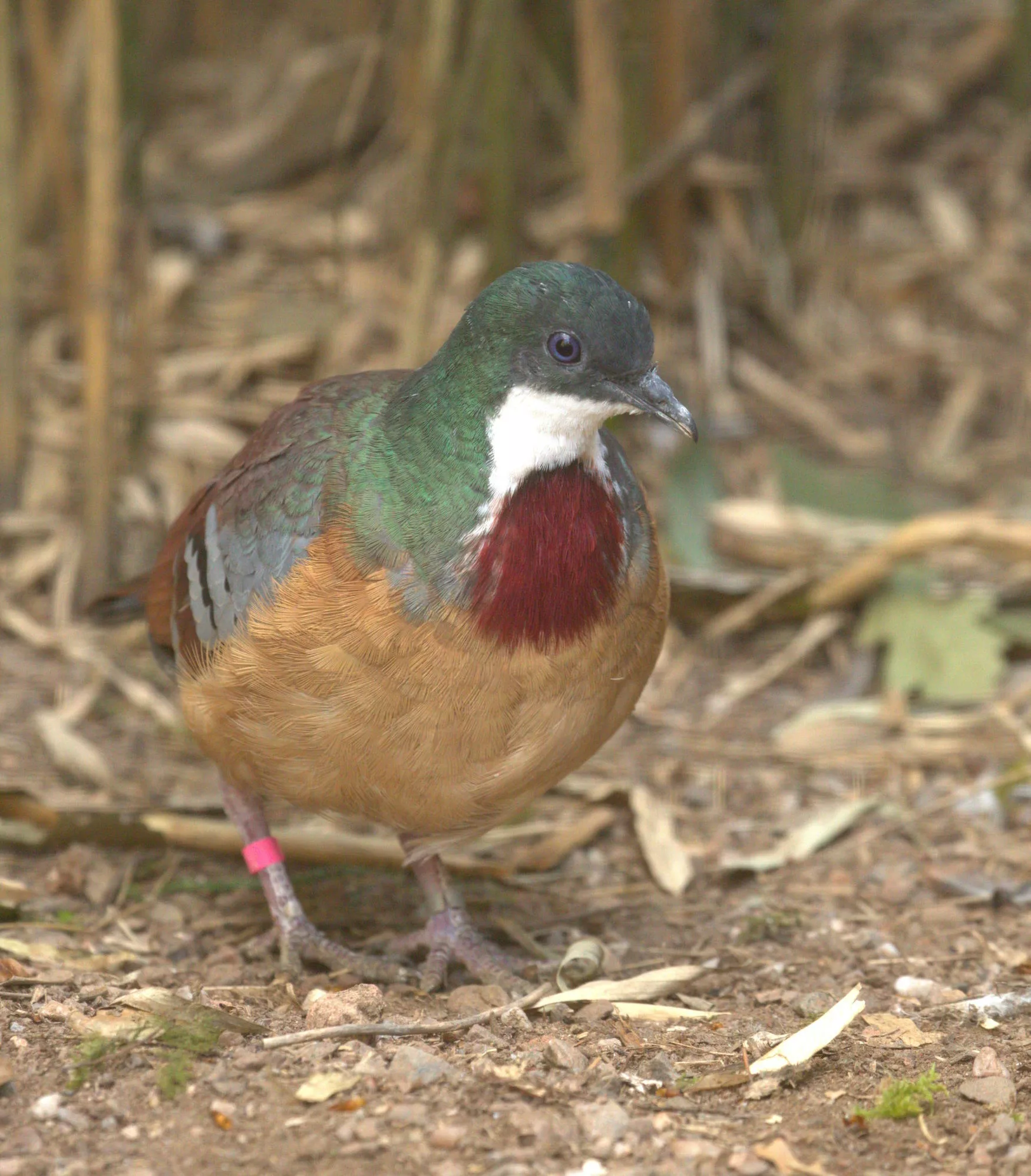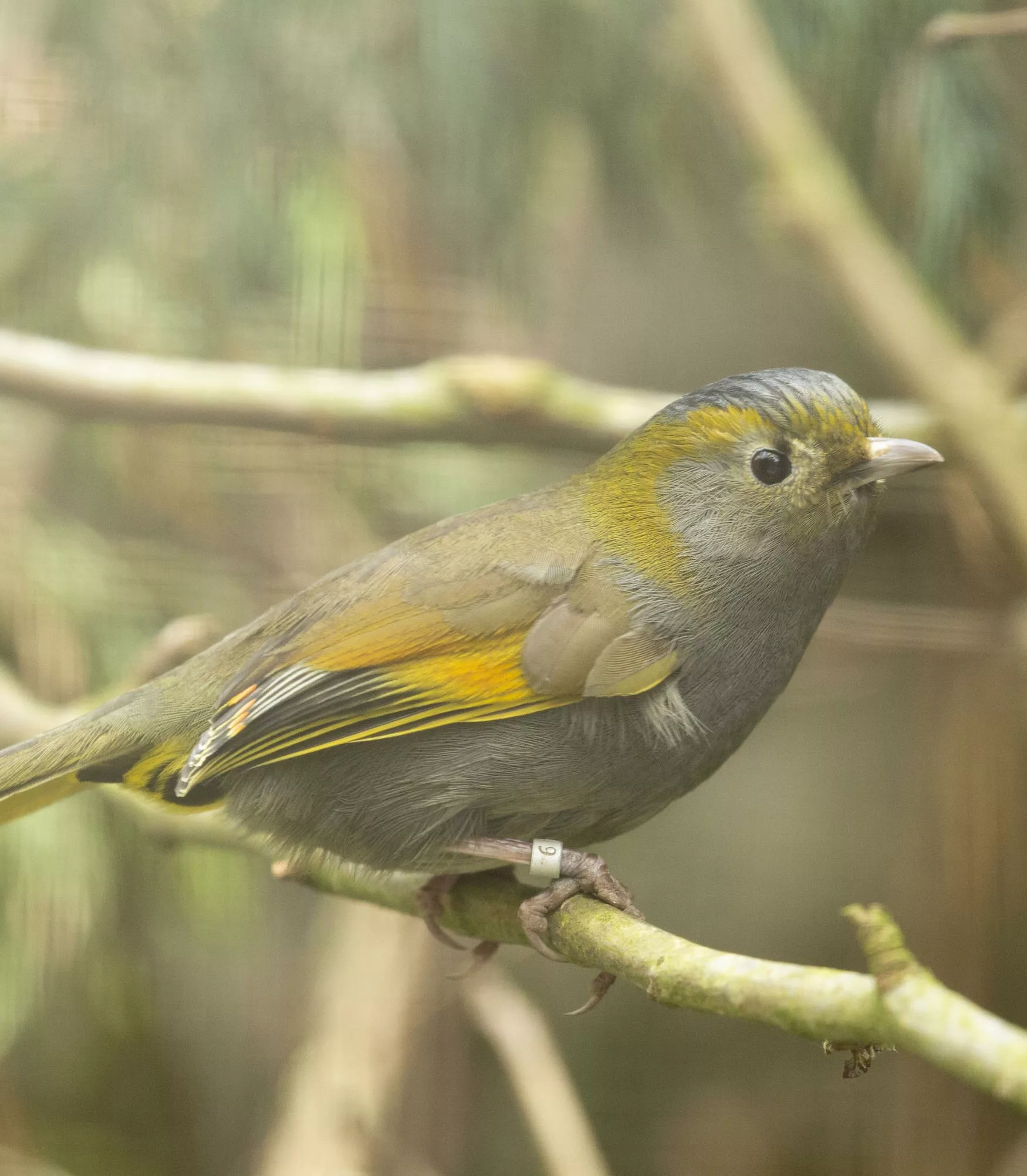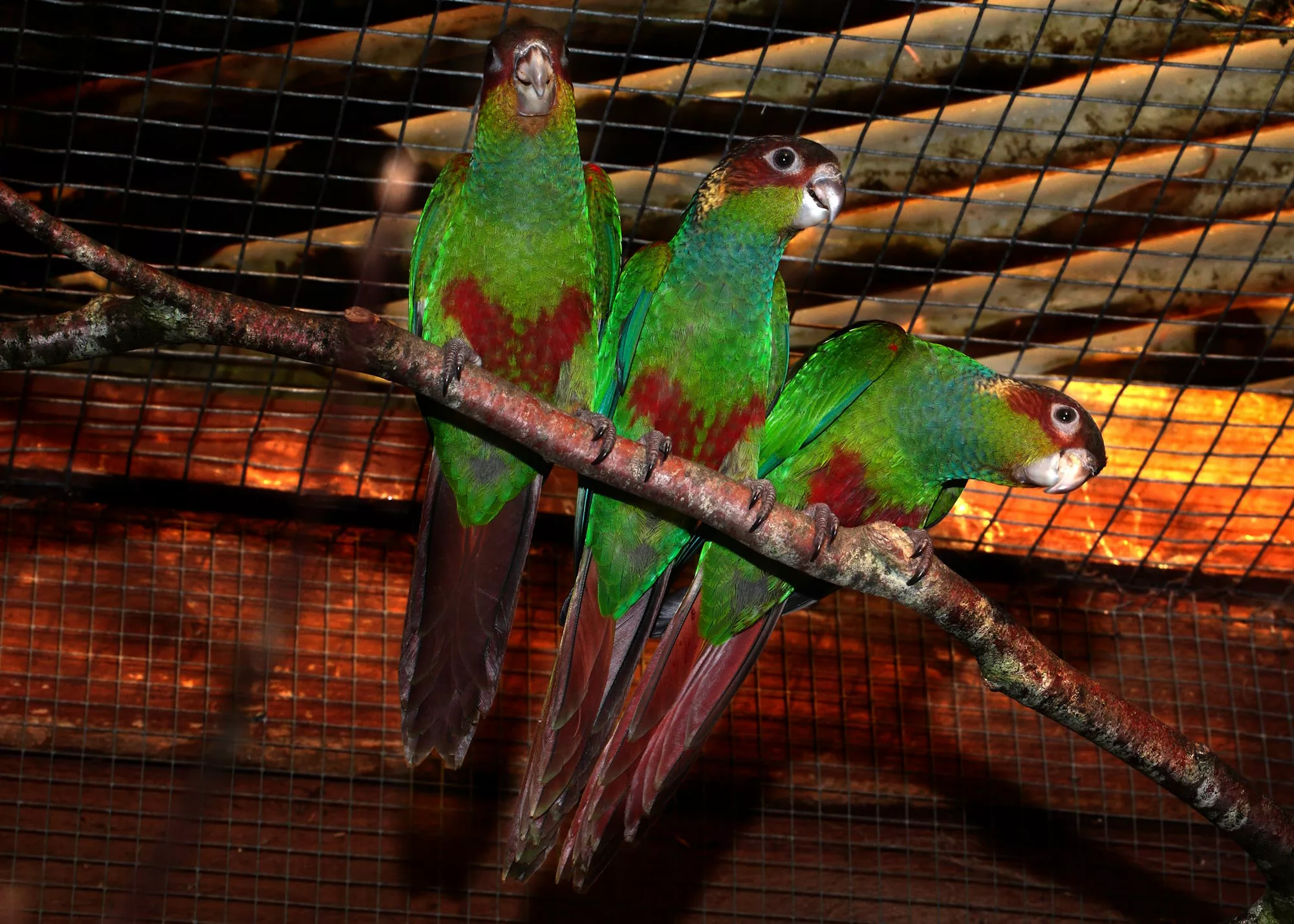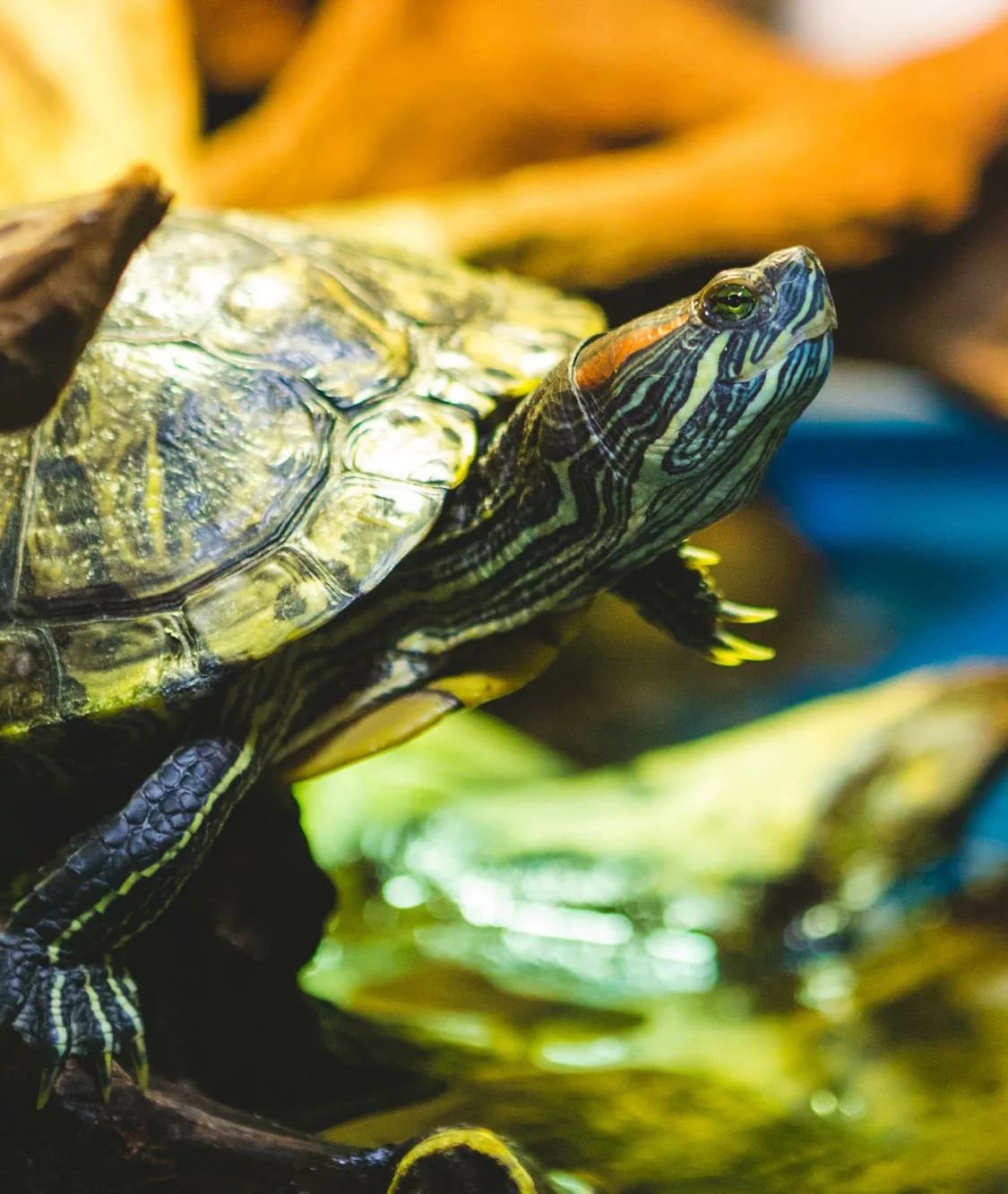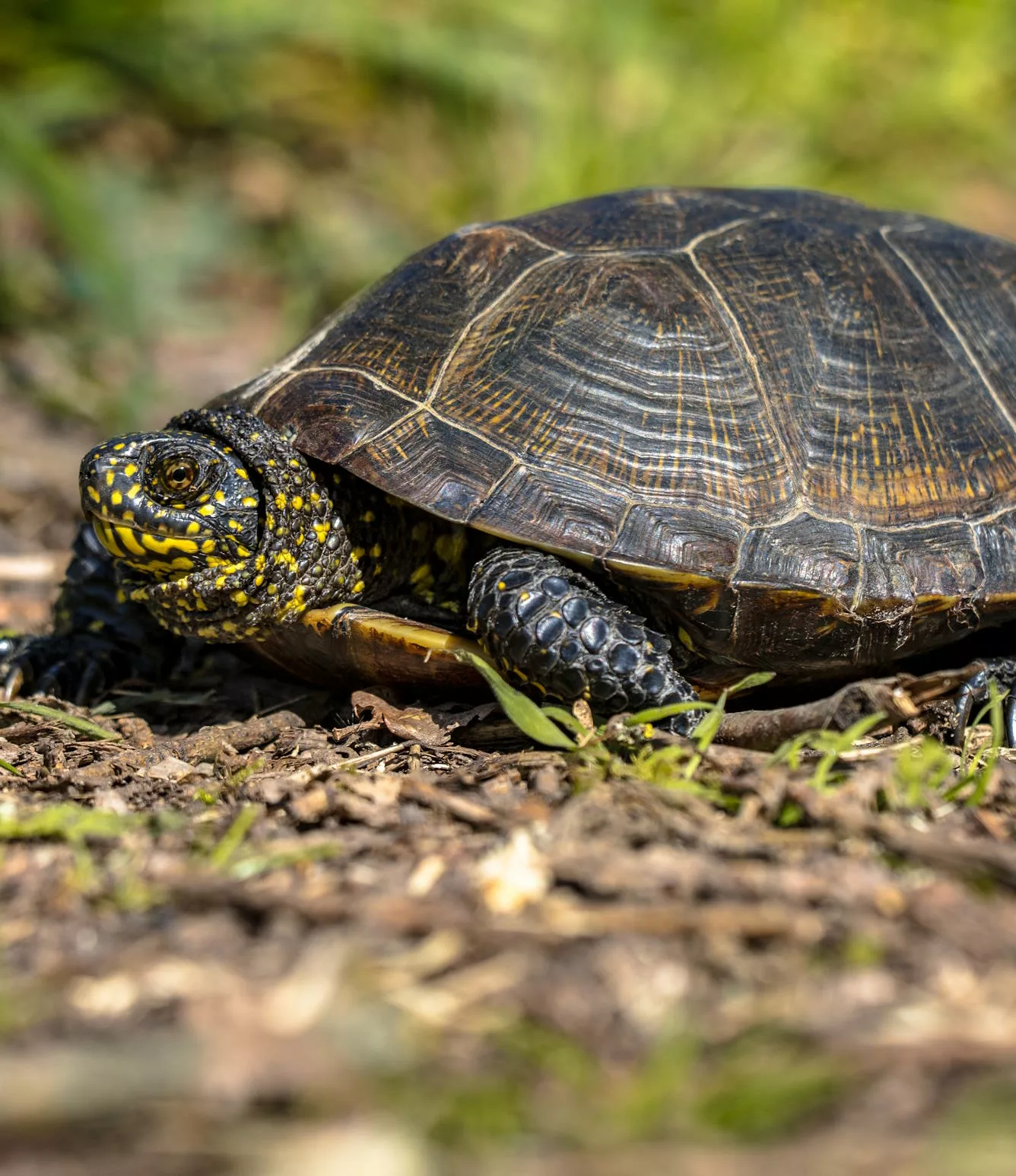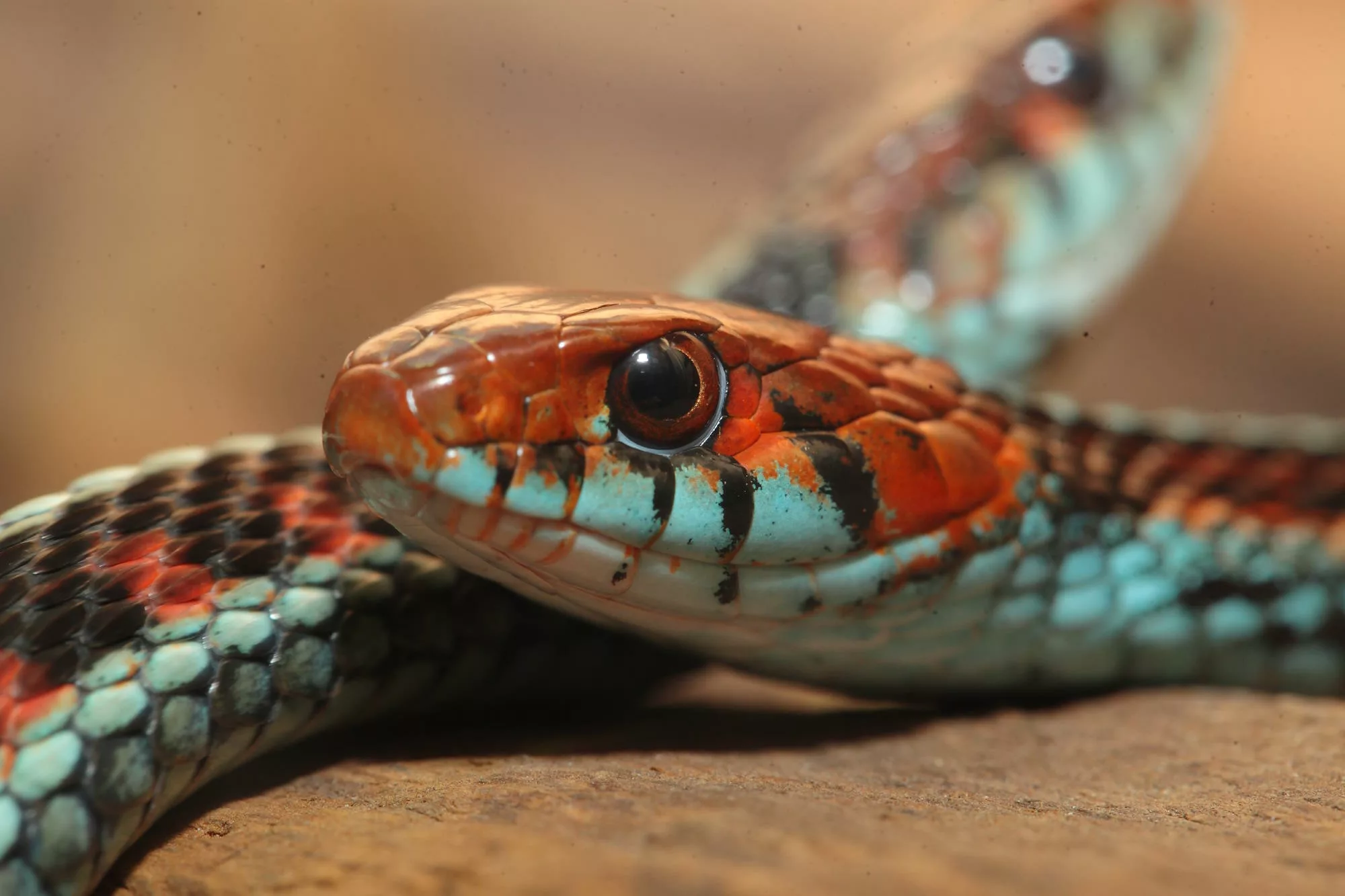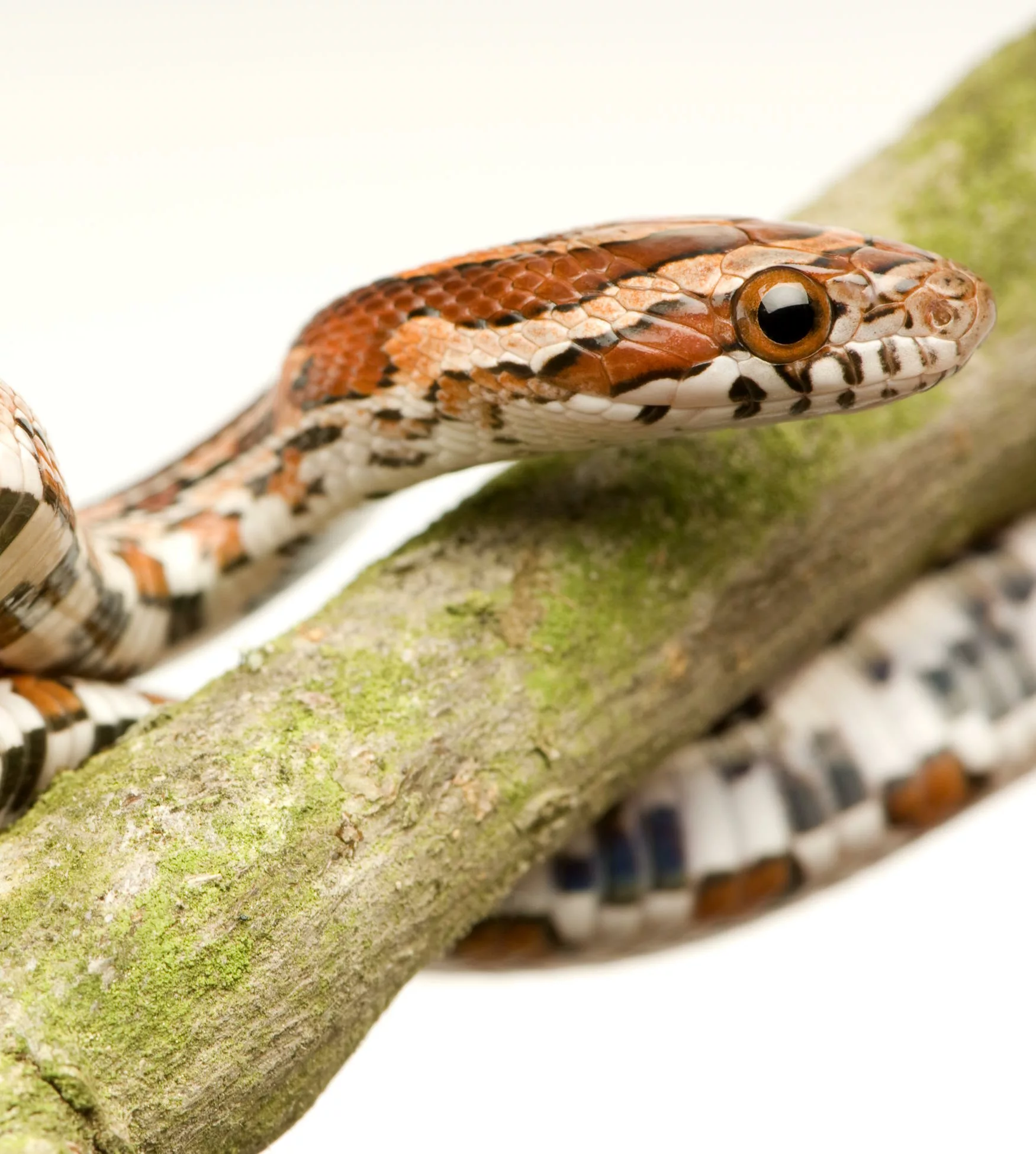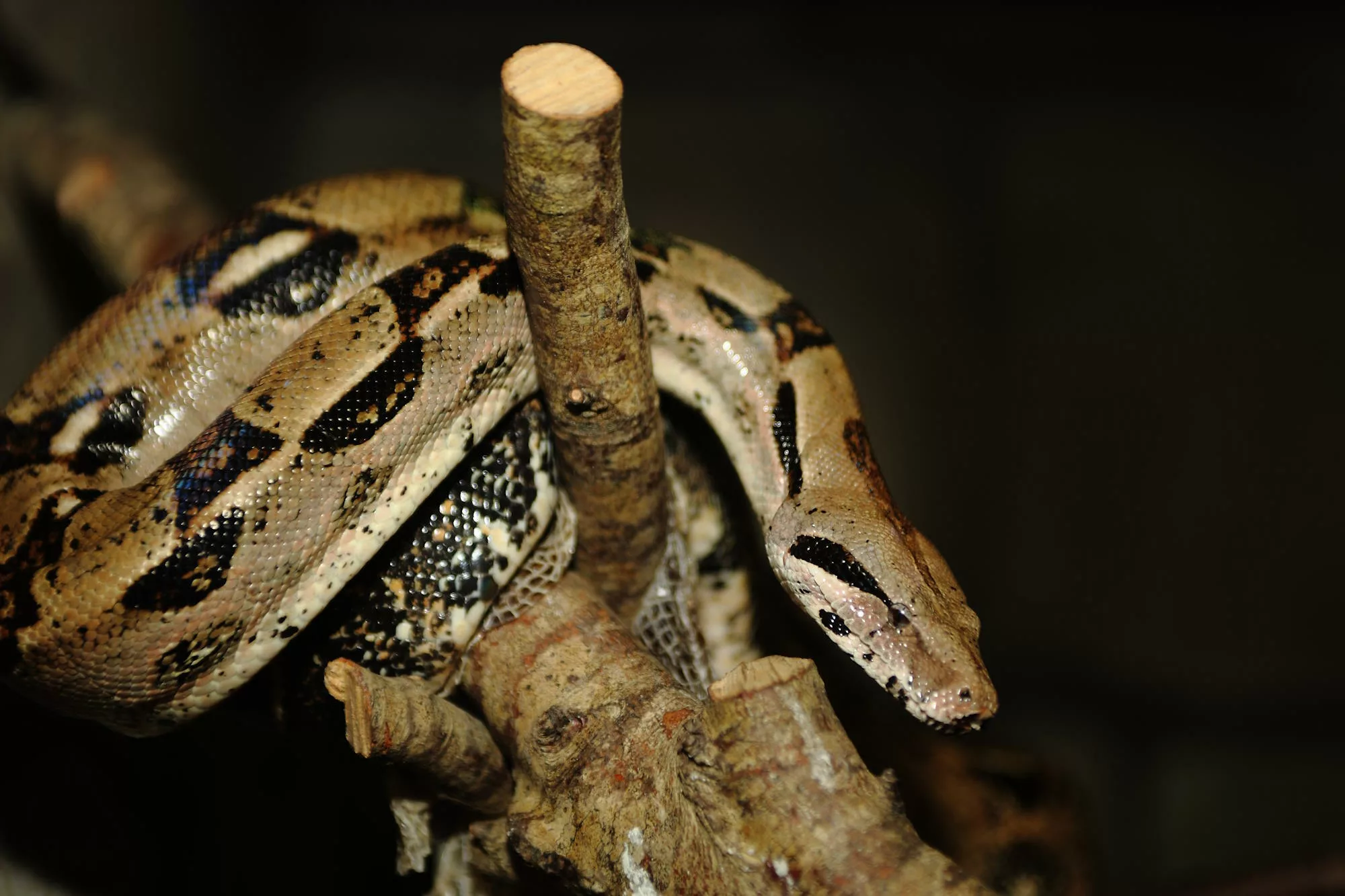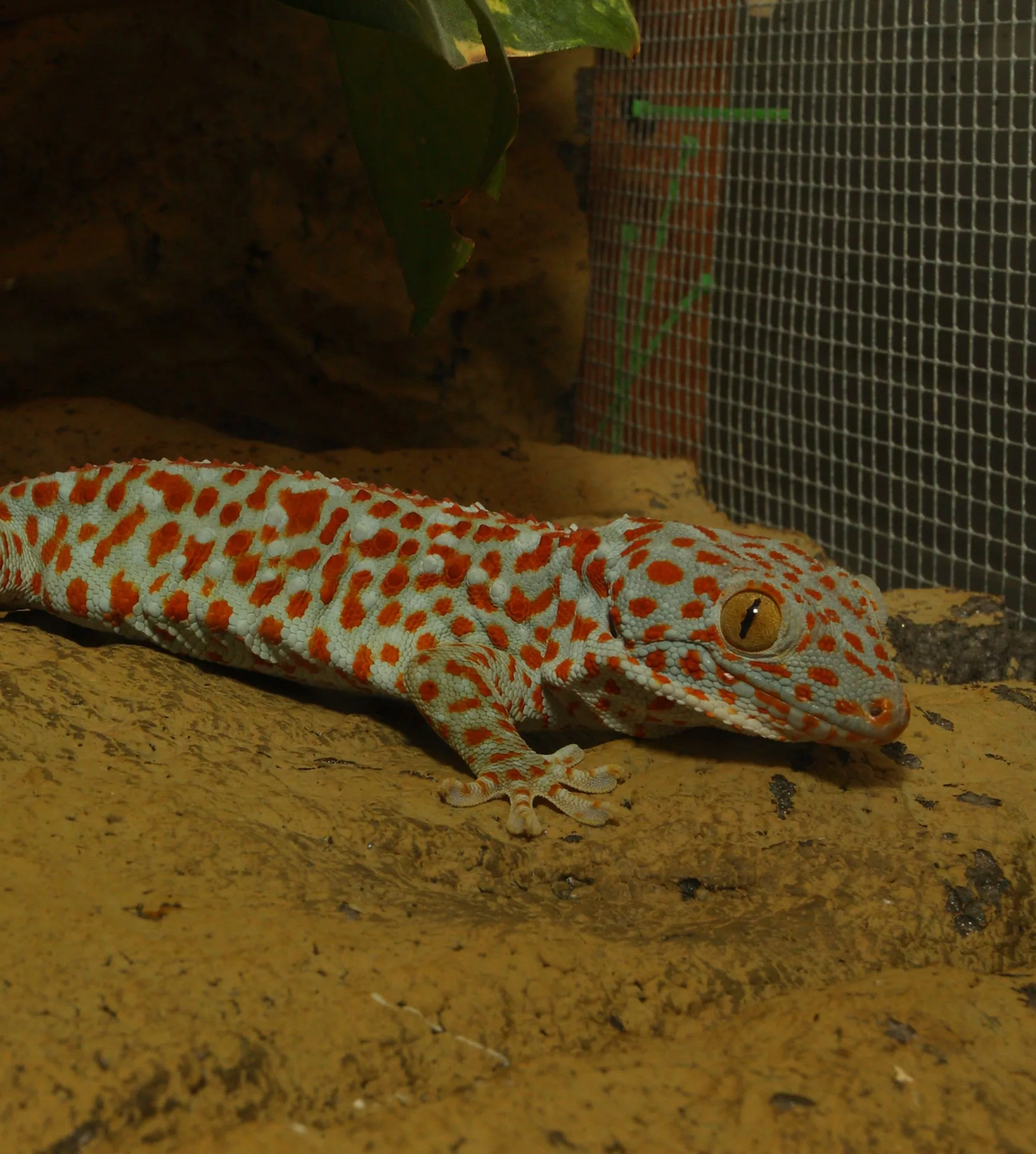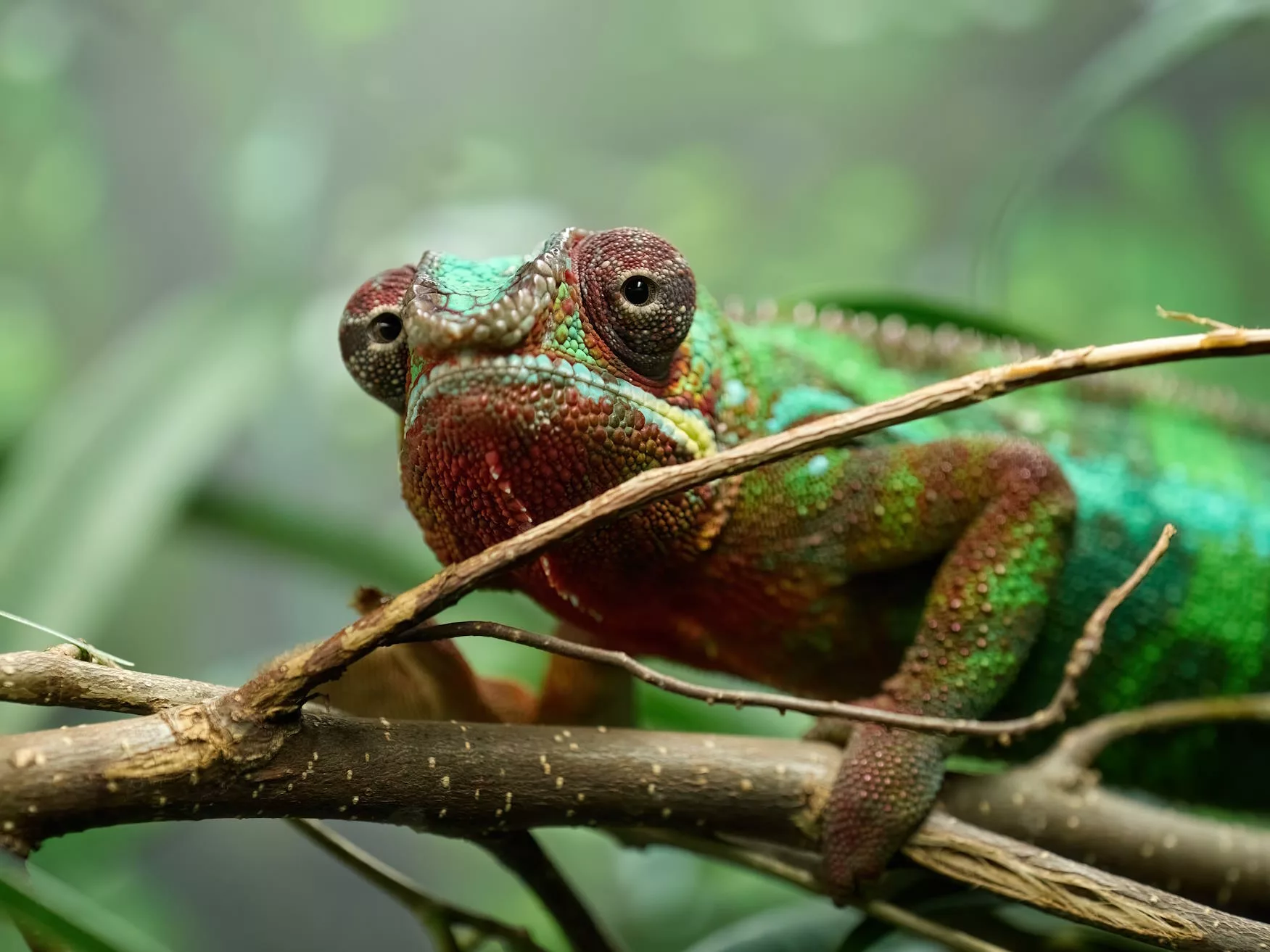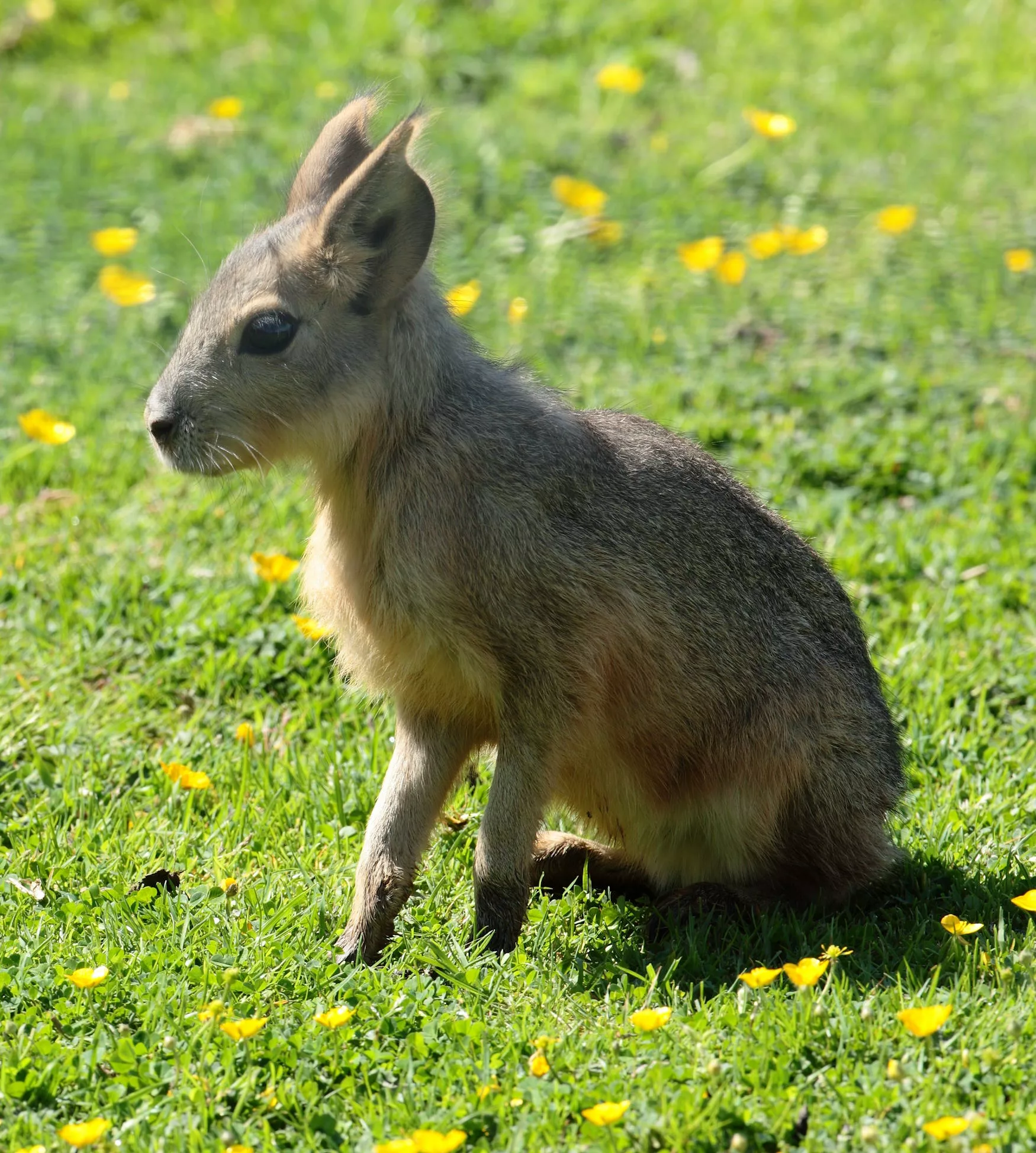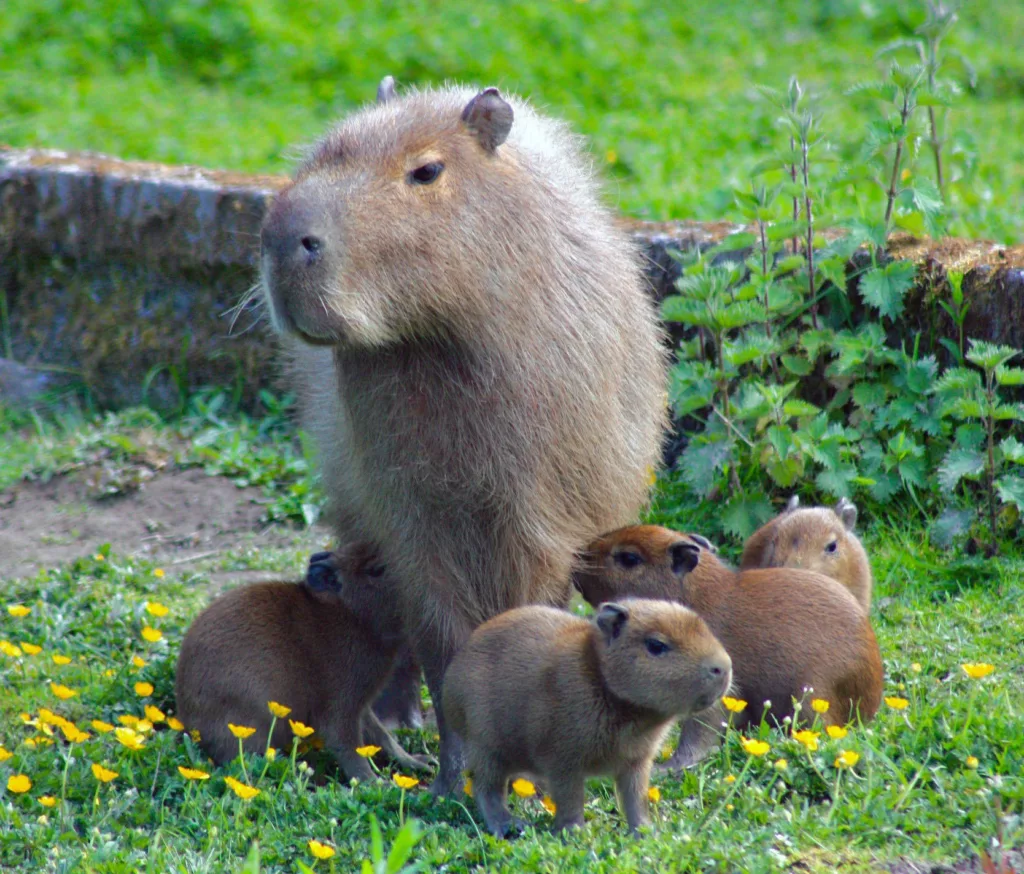
Capybara
Scientific name: Hydrochoerus hydrochaeris
IUCN listed as: Least Concern
Learn before you visit!
Here are some facts about the species – Discover what they eat, find out about their natural habitat, see what they like to do, and more… Set the reading style to suit you too, everyday speak or something aimed towards children.
Child-friendly
Everyday
Diet
Capybaras are herbivores, primarily feeding on grasses, aquatic plants, fruits, and tree bark. They spend a significant amount of time grazing and browsing near water bodies, where they also consume aquatic vegetation. Their diet provides them with the nutrients they need to stay healthy and active.
Capybaras eat lots of plants like grass and veggies that grow near water. They also enjoy fruits like berries and sometimes even tree bark. They spend much of their day munching on these foods to stay healthy and strong.
Breeding
Capybaras live in family groups consisting of one dominant male, several females, and their offspring. Females give birth to litters of around 4-5 pups after a gestation period of about 5 months. The newborns are precocial, meaning they are born relatively mature and are able to walk and swim shortly after birth. This helps them stay close to their family and learn from them as they grow.
Capybaras live in big families with one dad, lots of mums, and their babies. When babies are born, they can walk and swim really quickly after they’re born! It’s amazing how fast they grow up.
Habitat
Capybaras are native to South America, where they inhabit regions close to water sources such as rivers, lakes, and marshes. They prefer habitats with dense vegetation that offers both food and shelter from predators. Capybaras are well-adapted to aquatic environments and often submerge themselves in water to escape predators and regulate body temperature. This unique adaptation helps them survive in their natural habitat.
Capybaras live in South America where there’s lots of water, like rivers and lakes. They like places with lots of trees and bushes to hide in and eat from. It’s like a big adventure park for them!
At the zoo
In zoos, capybaras are housed in spacious enclosures with access to water, as they are excellent swimmers. They are provided with a diet consisting of hay, vegetables, and special pellets to ensure nutritional balance. Capybaras enjoy enrichment activities such as foraging puzzles and interacting with novel objects. This helps keep their minds active and healthy in captivity.
In zoos, capybaras have big homes with water to swim in because they love swimming so much. They eat hay, vegetables, and special food that keeps them healthy and strong. They also play games to keep their minds active and curious.
Behaviour
Capybaras are social animals that live in groups of up to 20 individuals, led by a dominant male. They communicate using various vocalizations, including whistles, grunts, and alarm barks. Capybaras are known for their gentle disposition and are often seen sunbathing or wallowing in mud for thermoregulation. Their social nature helps them bond with their family and stay safe in the wild.
Capybaras are friendly animals that live in big groups called herds. They talk to each other using sounds like whistles and barks to stay together and warn about danger. Capybaras also like lying in the sun and rolling in mud to stay cool. They’re really good at making friends!
Fun facts
- Excellent Swimmers: Capybaras are superb swimmers and can stay underwater for several minutes.
- Social Butterflies: They live in groups with up to 20 family members, including babies.
- Chill Vibes: Capybaras are very relaxed and enjoy sunbathing to warm up.
- Big Rodents: They are the largest rodents in the world, related to guinea pigs and porcupines.
- Talkative Creatures: Capybaras make different sounds to talk to each other, a bit like how we use words to chat.
More animals to discover at our zoo
Quick Links
Tickets & Prices
You can buy tickets for Exmoor Zoo securely online, as well as finding out more price options, discover offers, and more…
What’s on…
Exmoor Zoo hosts incredible Events all through the year. You can find out about what we’ve got in store here…
Routes & info
Like any great discovery, Exmoor Zoo can feel a little off the beaten path – but don’t worry – you can plan your journey with our recommended routes and other useful travel info.
